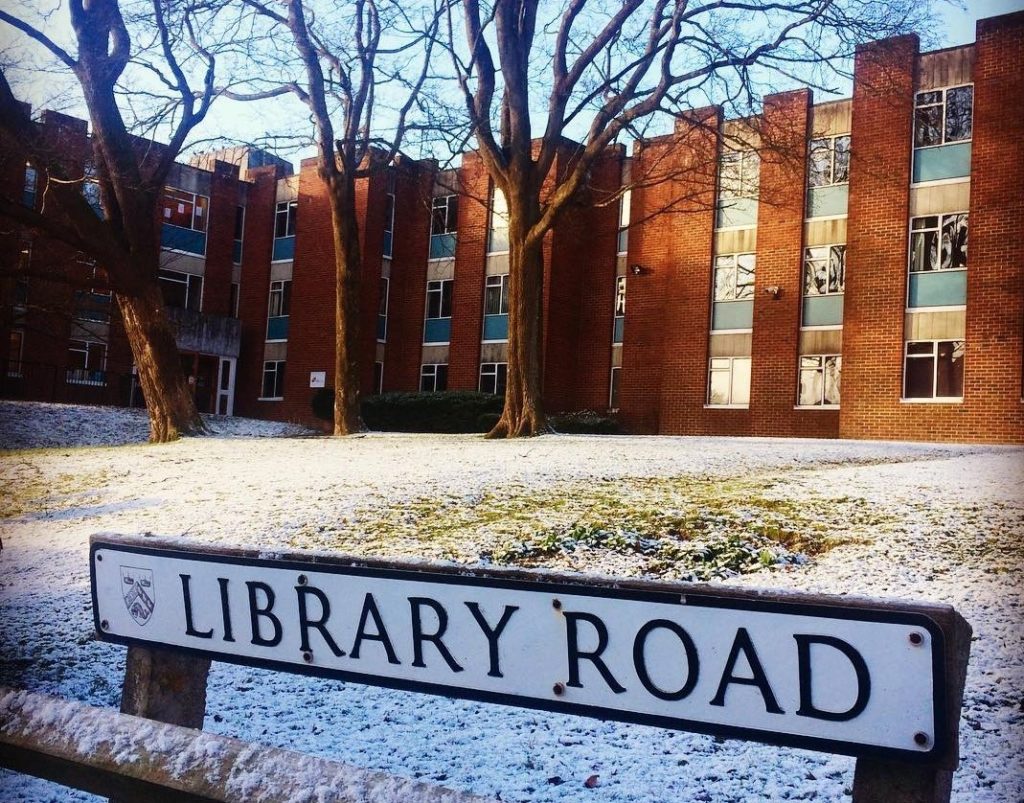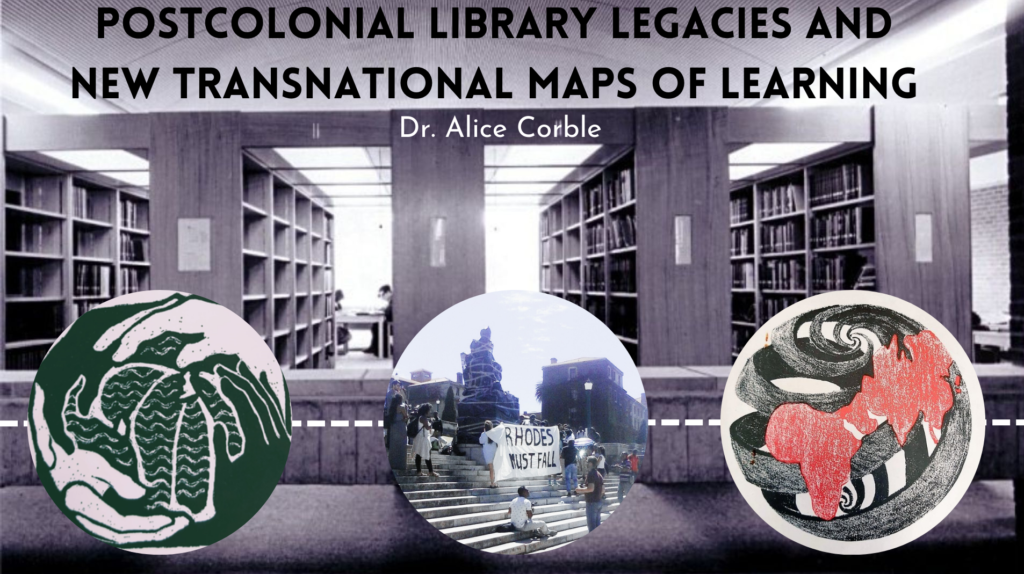
The past year has been a intense one that has included many obstacles and opportunities. It’s hard to believe the AHRC-RLUK fellowship has come to an end, especially as it feels like I’m only beginning to scratch the surface of the undulations of Sussex’s postcolonial map of learning. I have amassed a huge breadth and depth of archival and ethnographic data, the majority of which has not yet made it into this blog and other published outputs, but thankfully I now have three more years to develop, expand, and share this work! This is thanks to having been awarded (still pinching myself) a Leverhulme Early Career Fellowship, hosted by the Department of International Development, School of Global Studies at University of Sussex. After four years working for the Library here I’ve now relocated to the nearby building of Arts C, once the home of AFRAS (School of African and Asian Studies) closely connected to the work of IDS (Institute of Development Studies), both of which I have referenced in previous blog posts in relation to the ways in which their intellectual and institutional memory are so resonant for the aims of my research.
In the coming weeks, months and years, I will evolve the design and content of the present research blog to showcase further findings of the AHRC-RLUK library fellowship (2022-23) whilst transitioning into sharing content and outputs of the new Leverhulme (2023-26) project. For now you can read a summary of the new project below and watch this space for further snapshots of my research story as my decolonial library learning journey unfolds!
Postcolonial library legacies and new transnational maps of learning
Dr Alice Corble, Leverhulme Early Career Fellow 2023-2026
Department of International Development, School of Global Studies, University of Sussex.

Since 2015, when the ‘Rhodes Must Fall’ student-led movement erupted at the University of Cape Town, calls to decolonise universities have gained traction internationally. Yet there have been few tangible outcomes for British universities, with widespread misunderstanding and controversy about what ‘decolonising’ means in academic contexts. A recent Higher Education Policy Institute report underlines this and calls for urgent action to address a ‘silent crisis’. This project addresses this problem by evidencing two key overlooked dimensions that underpin it: (i) the historical geopolitical dynamics of international university development between Britain and the rest of the world, and (ii) the crucial role of libraries and archives in shaping and mediating the colonial roots and legacies of global knowledge production and education.
The University of Sussex and its Library and Archives are key nodes in transnational networks of postcolonial HE development, due to Sussex’s position as the first of Britain’s ‘new universities’ established in 1961 with a local and global mission to draw ‘a new map of learning’ in contexts of shifting race relations via development of Commonwealth states and new patterns of immigration. My recent AHRC-RLUK-funded research (University of Sussex Library, 2022-23) has revealed significant legacy connections between Sussex and the University of the West Indies and various South African universities, libraries, and social movements. The present Leverhulme project builds on these findings via a multi-sited ethnographic study of these transnational field sites, exploring past and present politics and material conditions of education and knowledge production in these local and global contexts. This border-crossing project bridges disciplinary gaps and makes the case for HE institutions to take their colonial histories seriously by understanding the integral role of libraries and communities in both mediating, shaping and repairing these legacies.
The project outputs will include publications and open educational resources co-produced with research participants in Caribbean and South African academic, archival and activist communities. These will combine to form new global maps of learning that make visible and audible cartographies of knowledge and power that trace both epistemically violent pasts and reparative, fertile futures.


[…] School of Global Studies, undertaking a multi-sited ethnographic and archival project tilted Postcolonial library legacies and new transnational maps of learning (2023-2026).This builds on her previous AHRC-RLUK Professional Practice Fellowship and […]